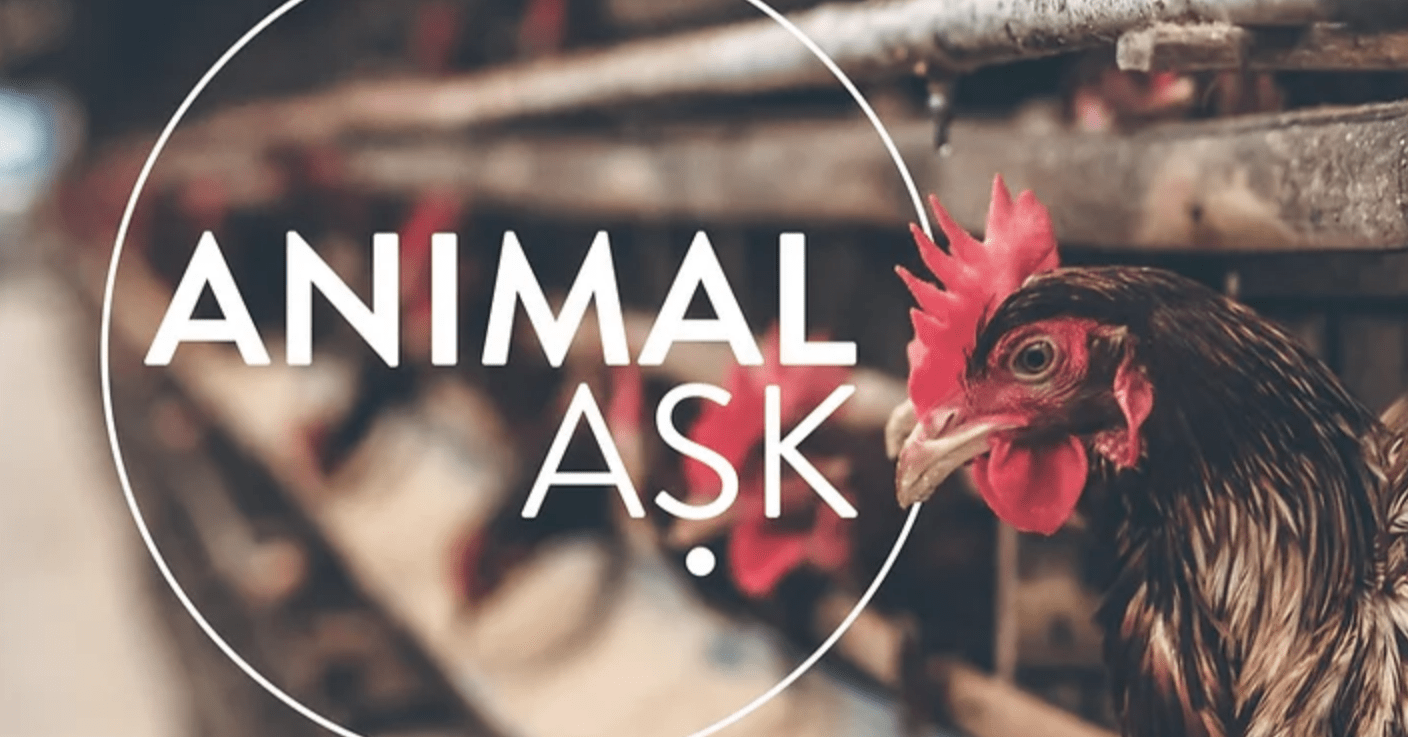Executive Summary
The animal advocacy movement regularly invests resources into campaigns that aim to reduce people's consumption of meat and/or animal products. Many of these campaigns are conducted using digital media (e.g. social media ads) and/or mass media (e.g. radio, TV, newspapers).
In this report, we summarise the evidence on these campaigns. We conduct a cost-effectiveness analysis, drawing on the high-quality scientific studies that have been published over the past few years. This report builds on previous analyses of meat-reduction campaigns, which have been published by various researchers over the past decade. Our cost-effectiveness analysis focuses on what additional funding could achieve on the margin, ignoring fixed costs that are already being paid by existing animal advocacy organisations.
We address three main questions. These questions, and our current view on them, are as follows:
- What impact might these campaigns have on the lives of animals? Given the scientific evidence we have available, our best guess is that these campaigns spare 3.7 animals per dollar. There is significant variance in our estimate - it is very possible that the campaigns actually have 0 impact, and it is somewhat possible that the campaigns have an impact that is several times higher than our best-guess estimate. Our best-guess estimate is in rough agreement with the cost-effectiveness estimated by previous researchers. We erred towards the conservative side when producing our calculations, so there are several important choices we made with which reasonable researchers could disagree.
- Should the animal advocacy movement change the amount of resources invested in these campaigns? Based on our calculations, this campaign does not appear supremely cost-effective. On the other hand, the absolute impact of this campaign (3.7 animals per dollar) is quite reasonable, and the evidence base supporting this campaign is quite strong.
- Could mass media campaigns in developing countries be a particularly impactful opportunity for these campaigns? We believe that radio and mass media campaigns in developing countries can justifiably form part of the movement's overall portfolio of outreach campaigns for meat reduction. However, we do not think it would be justified to put a disproportionately high amount of the movement's resources into radio campaigns in developing countries.
- Could we create a win-win by jointly funding meat-reduction campaigns with climate-motivated funders? We find that climate funders (at least the funders strictly interested in climate and motivated primarily by cost-effectiveness) would not be keen to put large amounts of resources towards meat-reduction campaigns, even as a joint initiative. The reason is that meat-reduction campaigns appear to be a less cost-effective way to reduce greenhouse gas emissions than other options available to the climate movement.



